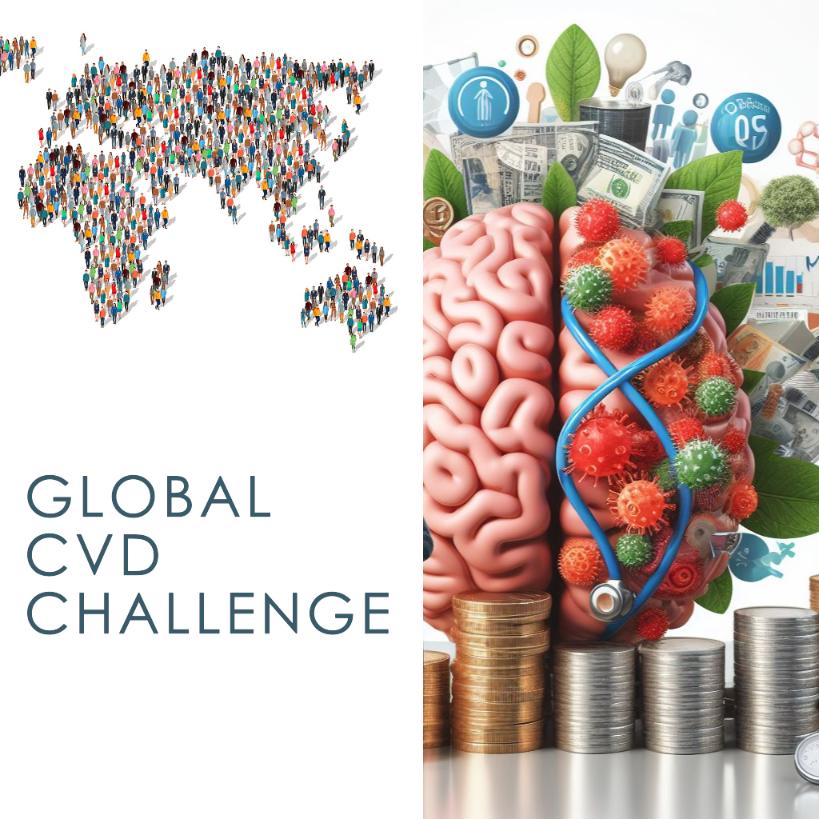Why community and home based care? – it’s better for you, and eases the strain on the NHS
Medical technology has now matured to the point where most people can now be cared for better in their own homes, than in hospital. Remaining in the company of loved ones and in familiar surroundings reduces anxiety and avoids the mental stress that a new environment can place on older people that can at times trigger the onset of dementia.

Cardiac-care waiting list is 5x long
The UK is facing an unprecedented long NHS waiting list. In 2023, it has tripled its size compared with 2013. It has risen by 67% to 7.7 million people compared with pre-covid. The waiting list for cardiac care, including critial stroke related treatment and diagnosis, is now 5x of that pre-covid.
Guardian newspaper, Apr 2024The Health Foundation

2/3 people admitted to hopsitals > 65
An ageing population means that this number is set to rise. Lack of quality homecare ‘forces’ almost 900K older people into England’s hospitals every year. We need new and more diverse approaches to enable people to manage their health and age well at home.
Oxford University Population HealthGuardian newspaper, July 2023

30% workforce feeling burnt out
About 1/3 NHS staff surveyed said there are enough staff at their organisation for them to do their job properly and about 30% (30.38%) feel burnt out because of their work. New approaches are needed to relieve the pressure on the centralised NHS system and to strengthen community based service provisioning.
NHS Staff Survey 2023
Your own personal AI healthcare advisor, 24/7, 365
With the aid of sensors, wearable, and medical devices we provide, we will be able to keep a careful eye on your progress. You will of course be able to access everything the sensors transmit; over time we will help you to understand the importance of those figures so that you and your loved ones can take an increasing amount of responsibility for your own health.
Our normal communication with you will be via a smart speaker that you should see as the direct channel to your own personal healthcare adviser. Overall, this approach is much less intrusive than personal visits by a nurse or doctor. Because readings are taken much more frequently, it is better for you, too, and emergency services can be summoned at the early sign of serious problems.
Photo credit: generated using AI, actual products could vary. ILLUSTRATION ONLY.
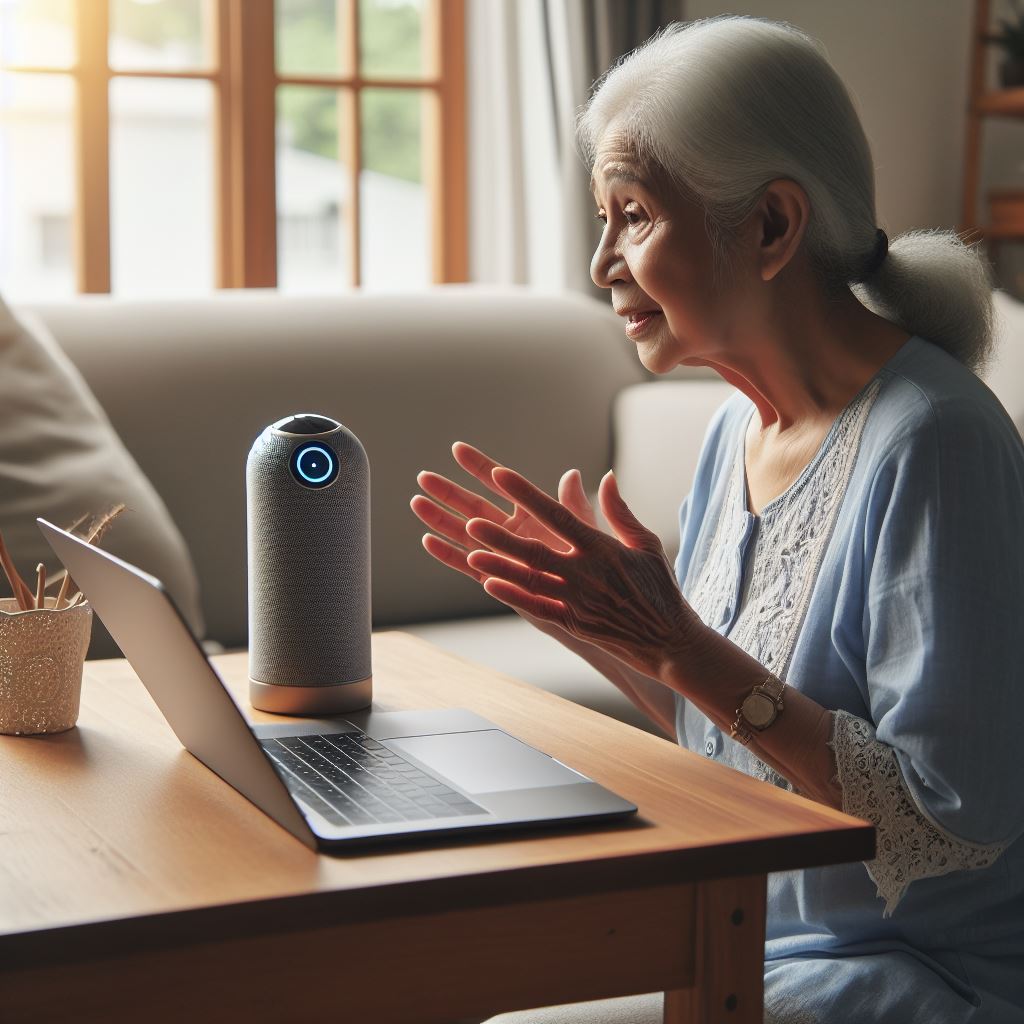
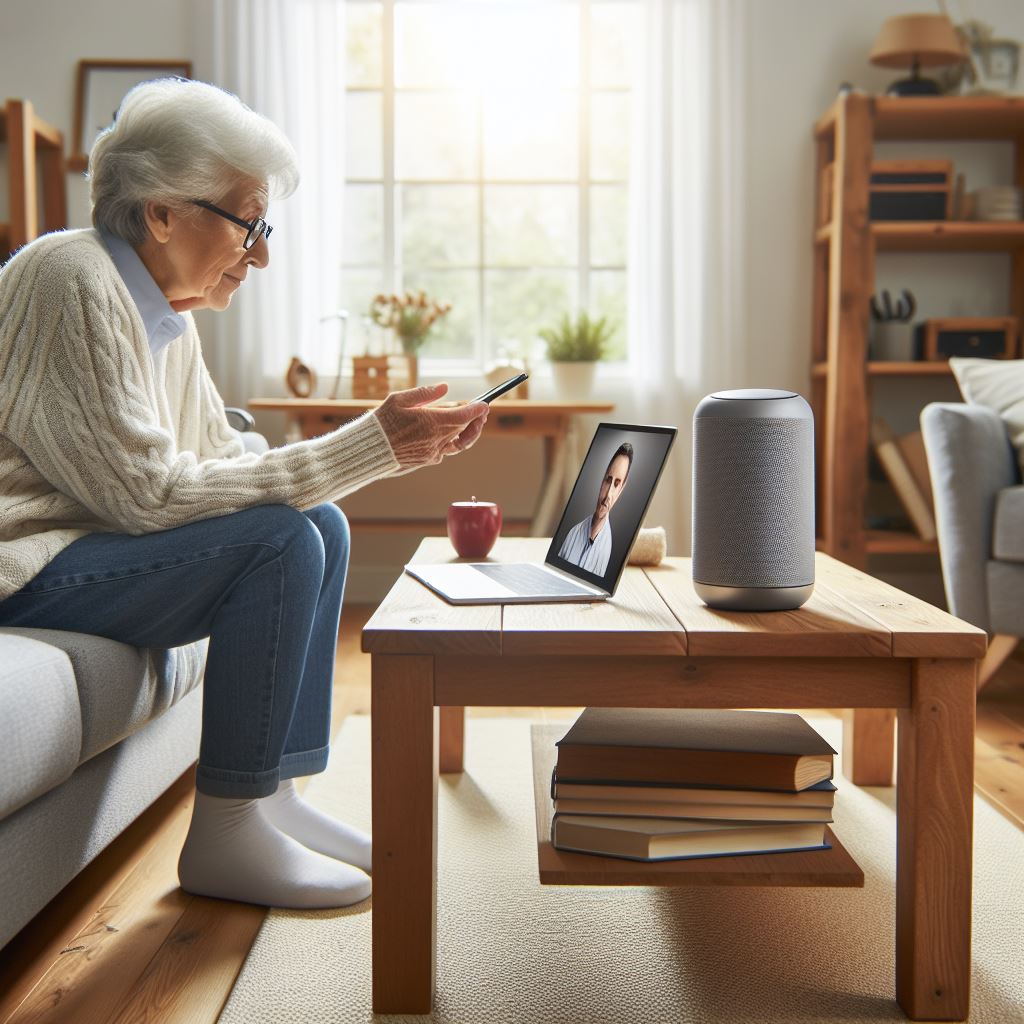
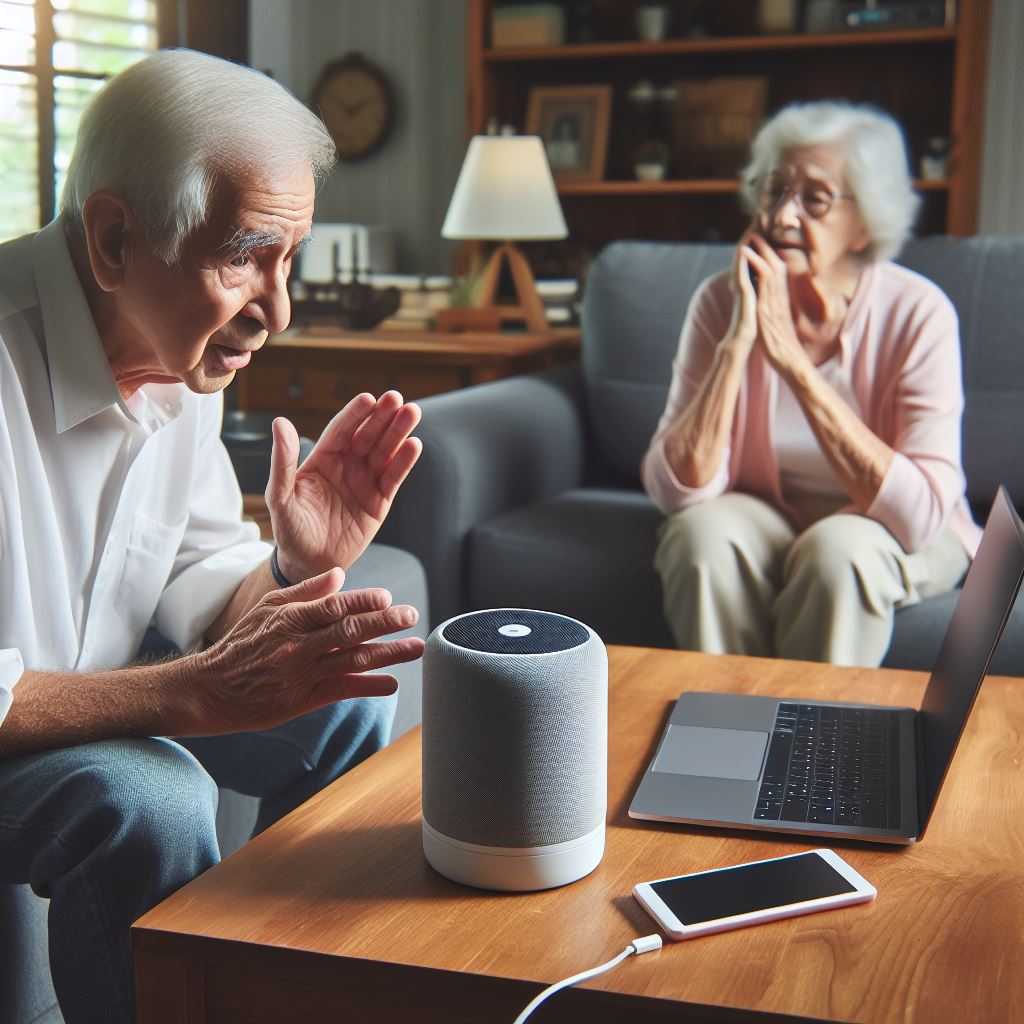
Empower healthcare workers to deliver their services better
CaringOS wearable sensors and medical devices are provided to help service users receive regular and coordinated health monitoring, tracking, and rehabilitation services at home. Clinical teams can provide timely and specific responses to address individual patients’ concerns via a CaringOS online communication channel that is designed to support the specific recovery and care needs of a service user. This reduces time taken traveling as well as minimising the dangers of lone working.
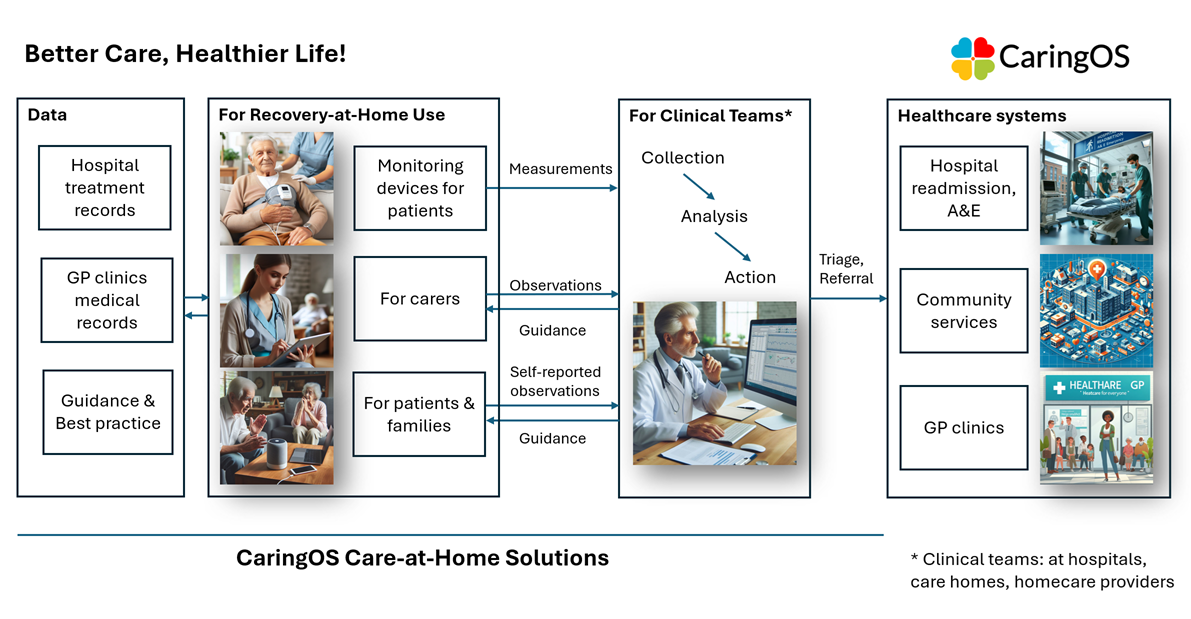
Help Local Governments
improve access to services
By regularly checking on vital signs and other important indicators of healthiness, CaringOS is able to provide early warning of likely problems, so minimising the need for emergency services and prioritising, as appropriate, attention from a patient’s doctor. The accuracy of data collected can be relied on as the devices providing it have all been appropriately validated and approved; it can be made available to primary, secondary, tertiary and social care systems to streamline service delivery, reduce paperwork, and therefore, improve patient outcomes.
This will further help Local Authorities (LAs), Integrated Care Partnerships (ICPs), and Integrated Care Boards (ICBs) to make informed decisions to better plan and optimise service provisioning and resource deployment for local people.
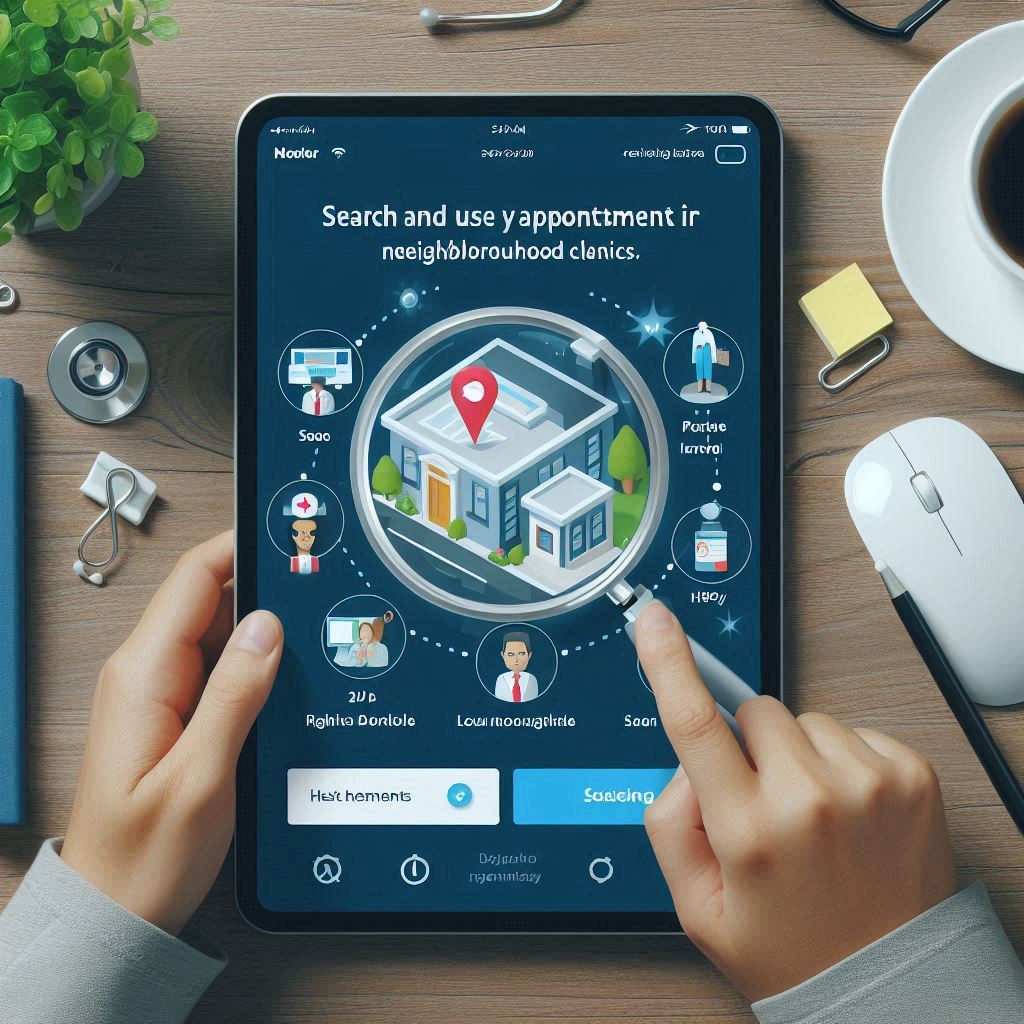
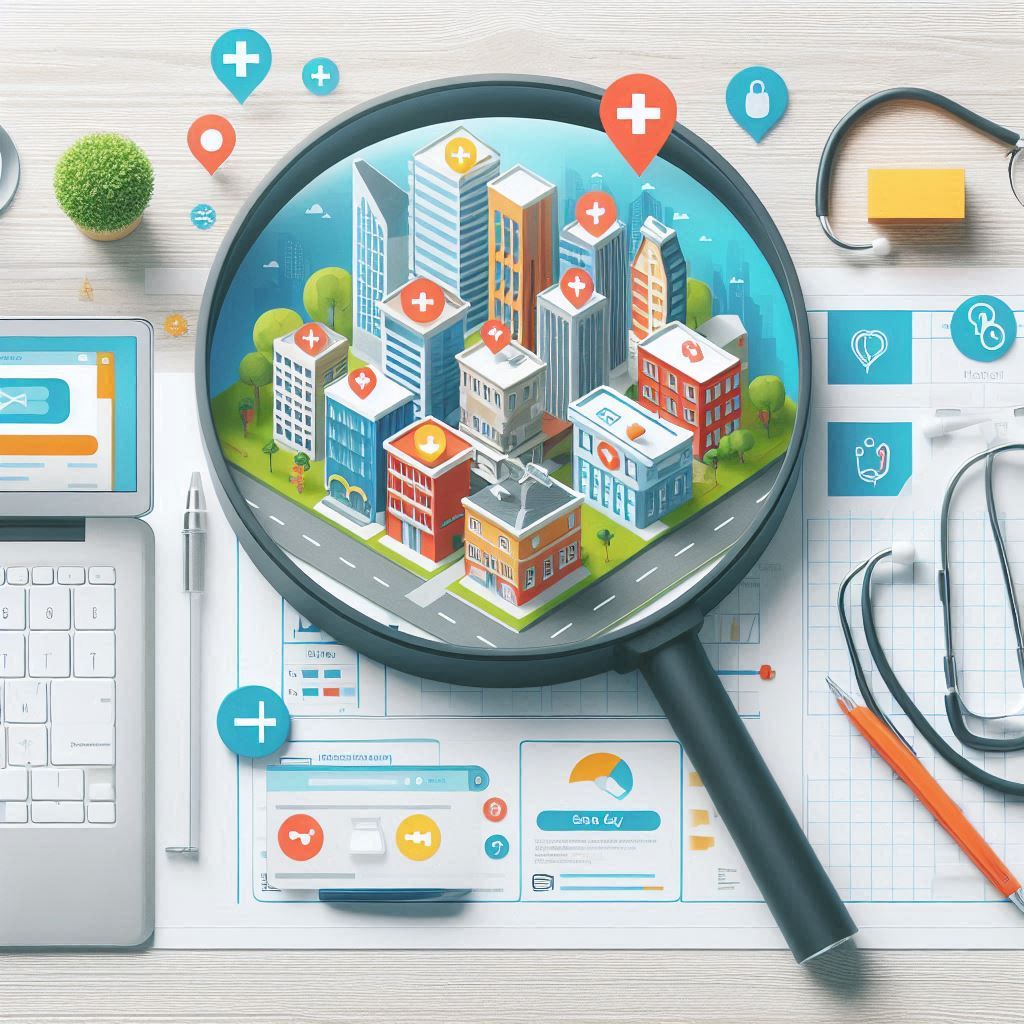

Starting with
Global Cardiovascular Disease (CVD) Challenge
Sources: NHS; Public Health England; European Society of Cardiology; The Writing Committee Of The Report On Cardiovascular Health And Diseases In China, 2021;
Our first specific condition to help you manage is cardiovascular disease (CVD). We chose this because there are currently seven million people in the UK affected by it; it is the second biggest killer in England, costing the economy £23.2 billion a year, and is responsible for 25% of the premature deaths in the UK. It accounts for the largest gap in health life expectancy in the UK, with an estimated 17.9 million people dying from it in 2019, representing 32% of all global deaths. Indeed, it is a global problem with 49 million people living with CVD in EU, costing that economy €210 billion a year, and 330 million people in China are affected by it, 40% of all deaths in China attributable to CVD.
To help you manage this condition we will monitor a range of vital signs, including weight, pulse rate and blood pressure. And, using AI, advise when and what intervention perhaps to reduce a fluid build-up, looks to be appropriate.

